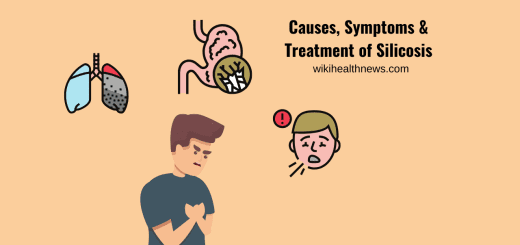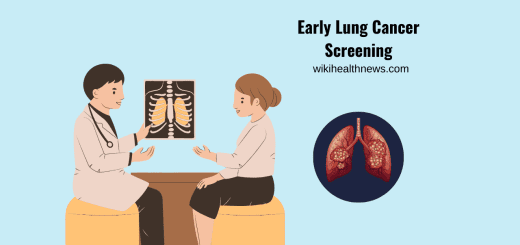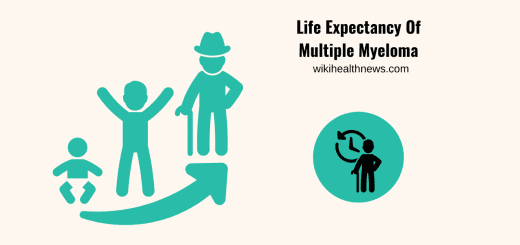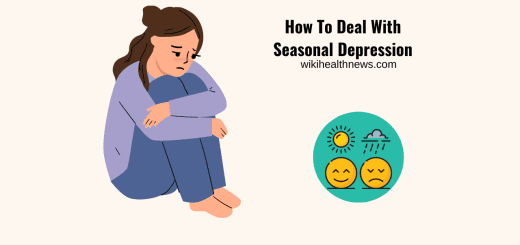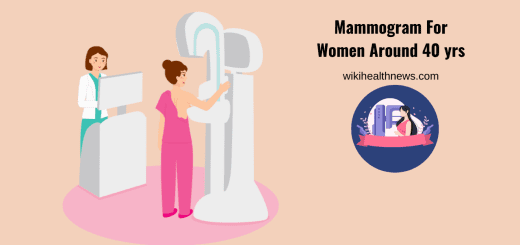Quality of Life with Ulcerative Colitis: Causes, Symptoms
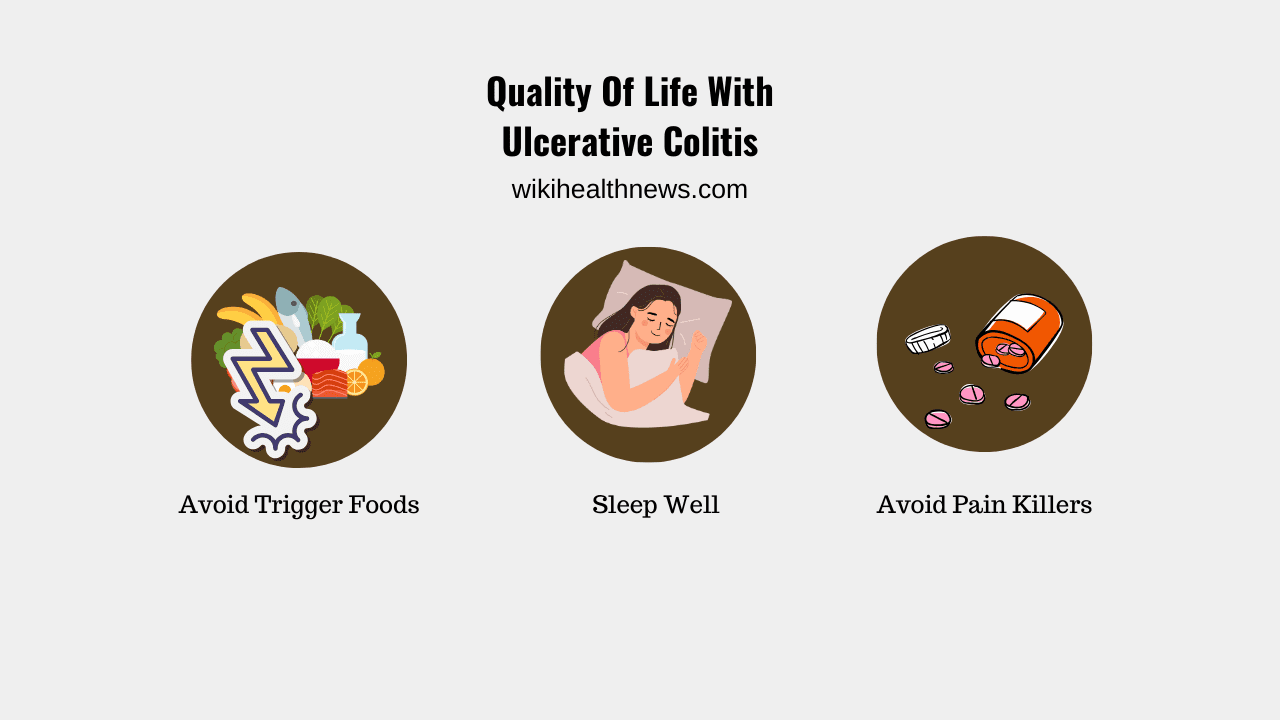
Ulcerative colitis (UC) is a chronic inflammatory bowel disease (IBD) characterized by inflammation and ulceration of the colon’s inner lining. It primarily affects the large intestine and rectum, leading to various gastrointestinal symptoms and complications. In this article, we will explore the causes, symptoms, diagnosis, treatment, and lifestyle adjustments associated with ulcerative colitis, providing a comprehensive overview for those seeking to understand this condition better.
What is Ulcerative Colitis?
Ulcerative colitis is one of the two main types of inflammatory bowel disease, the other being Crohn’s disease. Unlike Crohn’s disease, which can affect any part of the gastrointestinal tract, ulcerative colitis is limited to the colon and rectum. The inflammation typically starts in the rectum and can extend continuously through the colon.
Types of Ulcerative Colitis
Ulcerative colitis can be classified into several types based on the location and severity of the inflammation:
- Ulcerative Proctitis: Involves inflammation confined to the rectum.
- Left-sided Colitis: Affects the rectum and extends to the left side of the colon.
- Pancolitis: Involves the entire colon.
- Acute Severe Ulcerative Colitis: A severe form that can be life-threatening, leading to rapid weight loss, dehydration, and other serious complications.
Causes of Ulcerative Colitis
The exact cause of ulcerative colitis remains unclear, but it is believed to result from a combination of genetic, environmental, and immune system factors.
1. Genetic Factors
Family history plays a significant role in the development of ulcerative colitis. If a close relative has the condition, the risk of developing it increases.
2. Immune Response
An abnormal immune response is thought to contribute to ulcerative colitis. The body’s immune system may mistakenly attack healthy cells in the colon, leading to inflammation.
3. Environmental Triggers
Certain environmental factors may trigger ulcerative colitis in individuals predisposed to the condition. These can include:
- Diet: High-fat diets, low fiber intake, and excessive sugar consumption may influence the development of IBD.
- Infections: Previous gastrointestinal infections might trigger UC in susceptible individuals.
- Stress: While stress does not directly cause UC, it can exacerbate symptoms.
Symptoms of Ulcerative Colitis
The symptoms of ulcerative colitis can vary significantly from person to person and may range from mild to severe. Common symptoms include:
- Diarrhea: Frequent bowel movements, often with blood or pus.
- Abdominal Pain: Cramping and discomfort in the abdomen.
- Rectal Bleeding: Presence of blood in the stool.
- Urgency to Defecate: A sudden and compelling urge to have a bowel movement.
- Weight Loss: Unintended weight loss due to malabsorption or reduced appetite.
- Fatigue: Chronic fatigue resulting from inflammation and nutrient deficiencies.
- Fever: Mild fever can occur during flare-ups.
Diagnosis of Ulcerative Colitis
Diagnosing ulcerative colitis involves a combination of clinical evaluation, medical history, and various diagnostic tests. A healthcare provider may perform:
1. Physical Examination
The physician will conduct a thorough physical exam and review the patient’s medical history, including symptom patterns.
2. Blood Tests
Blood tests can help identify signs of inflammation, anemia, and infection.
3. Stool Tests
Stool samples may be analyzed to rule out infections and check for blood.
4. Endoscopy
A colonoscopy allows doctors to directly visualize the colon and rectum, taking biopsies to assess the extent and severity of inflammation.
5. Imaging Studies
In some cases, imaging studies such as CT or MRI scans may be necessary to evaluate complications.
Treatment of Ulcerative Colitis
While there is no cure for ulcerative colitis, effective management can help control symptoms and induce remission. Treatment options include:
1. Medications
- Anti-inflammatory Drugs: Aminosalicylates (like mesalamine) are often the first line of treatment.
- Corticosteroids: These may be prescribed to reduce inflammation during flare-ups.
- Immunosuppressants: Drugs that suppress the immune system can help control inflammation.
- Biologics: Targeted therapies that block specific pathways in the inflammatory process.
2. Nutritional Support
Patients with ulcerative colitis may benefit from dietary adjustments. A registered dietitian can help create a balanced diet that avoids triggers and ensures adequate nutrition.
3. Surgery
In severe cases of ulcerative colitis, surgical intervention may be necessary. Options include:
- Colectomy: Removal of the entire colon, which can eliminate the disease.
- Ileostomy: Creation of an opening in the abdomen for waste elimination.
The management of ulcerative colitis:
| Management Approach | Description |
|---|---|
| Diagnosis | Colonoscopy with biopsy, imaging studies (CT/MRI), and stool tests to rule out infections. |
| Medications | |
| – Aminosalicylates (5-ASAs) | First-line treatment; reduces inflammation (e.g., mesalamine). |
| – Corticosteroids | Used for moderate to severe flares; short-term use to reduce inflammation (e.g., prednisone). |
| – Immunomodulators | Modulates immune response (e.g., azathioprine, mercaptopurine). |
| – Biologics | Targets specific pathways in inflammation (e.g., infliximab, adalimumab). |
| – JAK Inhibitors | Newer class for moderate to severe UC (e.g., tofacitinib). |
| Lifestyle Modifications | |
| – Diet | Individualized; may include low-residue diets during flare-ups, probiotics, and nutritional support. |
| – Stress Management | Techniques such as mindfulness, yoga, and counseling. |
| Surgery | Considered in severe cases or complications (colectomy). |
| Regular Monitoring | Follow-up with health care provider for disease activity assessment and medication adjustments. |
| Vaccinations | Stay updated on vaccines to prevent infections, especially before starting immunosuppressive therapy. |
This table provides a concise overview of the management strategies for ulcerative colitis.
Lifestyle Modifications
Living with ulcerative colitis requires adjustments to daily life. Here are some tips for managing the condition effectively:
1. Dietary Changes
- Identify Triggers: Keep a food diary to identify foods that exacerbate symptoms.
- Eat Smaller Meals: Smaller, more frequent meals may help minimize discomfort.
- Stay Hydrated: Ensure adequate fluid intake, especially during flare-ups.
2. Stress Management
- Mindfulness and Relaxation Techniques: Practices such as yoga, meditation, and deep breathing can help reduce stress.
- Regular Exercise: Engaging in regular physical activity can improve overall well-being.
3. Support Networks
Connecting with support groups, either in-person or online, can provide emotional support and practical advice.
Conclusion
Ulcerative colitis is a challenging chronic condition that can significantly impact a person’s quality of life. Early diagnosis and a comprehensive management plan are crucial for controlling symptoms and preventing complications. With the right approach, individuals with ulcerative colitis can lead fulfilling lives. If you suspect you have ulcerative colitis or are experiencing gastrointestinal symptoms, consult a healthcare professional for evaluation and guidance.
Additional Resources
For more information, consider visiting:
- The Crohn’s & Colitis Foundation: www.crohnscolitisfoundation.org
- National Institute of Diabetes and Digestive and Kidney Diseases: www.niddk.nih.gov
By understanding ulcerative colitis and its implications, patients can take proactive steps toward managing their health and well-being effectively.
Read More






